Russian President Vladimir Putin recently outlined changes expected to be included in the country's updated Nuclear Doctrine.
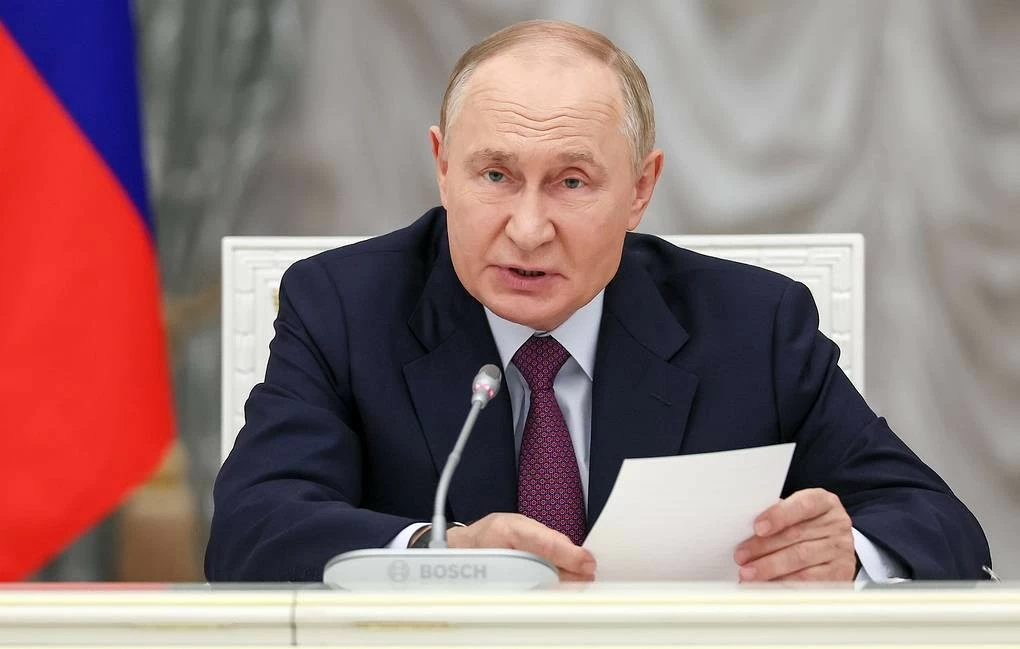 |
| Russian President Vladimir Putin. (Source: TASS) |
On September 25, Russia's TASS news agency reported that in his opening speech at a meeting of the Russian Security Council, President Putin said that there had been proposals to change Russia's nuclear doctrine and he wanted to emphasize one of these proposals.
In particular, it is proposed that any act of "aggression against Russia" by any non-nuclear state, but with the participation or support of a nuclear state, be considered their joint attack on the Russian Federation.
Regarding the conditions for Russia to switch to using nuclear weapons, according to the Kremlin leader, Moscow will consider this move if it detects the beginning signs of a large-scale missile, aircraft or drone launch aimed at Russia.
In addition, Mr. Putin affirmed that Russia also reserves the right to use nuclear weapons if Russia or Belarus, two members of the Union State, are the subject of aggression, including conventional weapons but "posing a serious threat" to sovereignty.
According to the Russian President, all these issues have been agreed with Belarus and its counterpart Alexander Lukashenko.
In addition, the draft of Russia's updated nuclear doctrine expands the list of states and military alliances subject to nuclear deterrence, as well as the list of military threats that require nuclear deterrence measures to neutralize them."
Noting that the modern military and political situation is changing rapidly and Moscow must take this into account, including the emergence of new sources of military threats and risks for Russia and its allies, Putin stressed: "It is important to predict the development of the situation and adjust the strategic planning document to current realities."
Russia's nuclear doctrine, officially called the Fundamentals of State Policy on Nuclear Deterrence, lays the groundwork for the use of nuclear weapons, defining nuclear response as an extreme measure to protect the sovereignty of the state.
According to the draft obtained by TASS , Russia affirms its responsible attitude towards the issue of nuclear weapons and seeks to prevent their spread around the world. Moscow still considers the nuclear triad an important safeguard for Russia's security and a tool for maintaining global balance.
The current version of the nuclear doctrine was approved in June 2020. It is currently being revised based on analyses conducted by experts from the Department of Defense, the Department of State, the Security Council, and other government agencies over the past year.
According to the draft, all adjustments are calculated, calibrated and proportionate to the current military threats and challenges facing Russia.
Source: https://baoquocte.vn/tong-thong-nga-ra-tuyen-bo-ve-viec-su-dung-vu-khi-hat-nhan-tung-hanh-dong-khien-nhieu-noi-thap-thom-287686.html



![[Photo] More areas of Thuong Tin district (Hanoi) have clean water](https://vstatic.vietnam.vn/vietnam/resource/IMAGE/2025/4/29/55385dd6f27542e788ca56049efefc1b)
![[Photo] Prime Minister Pham Minh Chinh and Japanese Prime Minister Ishiba Shigeru visit the National Museum of History](https://vstatic.vietnam.vn/vietnam/resource/IMAGE/2025/4/29/93ae477e0cce4a02b620539fb7e8aa22)
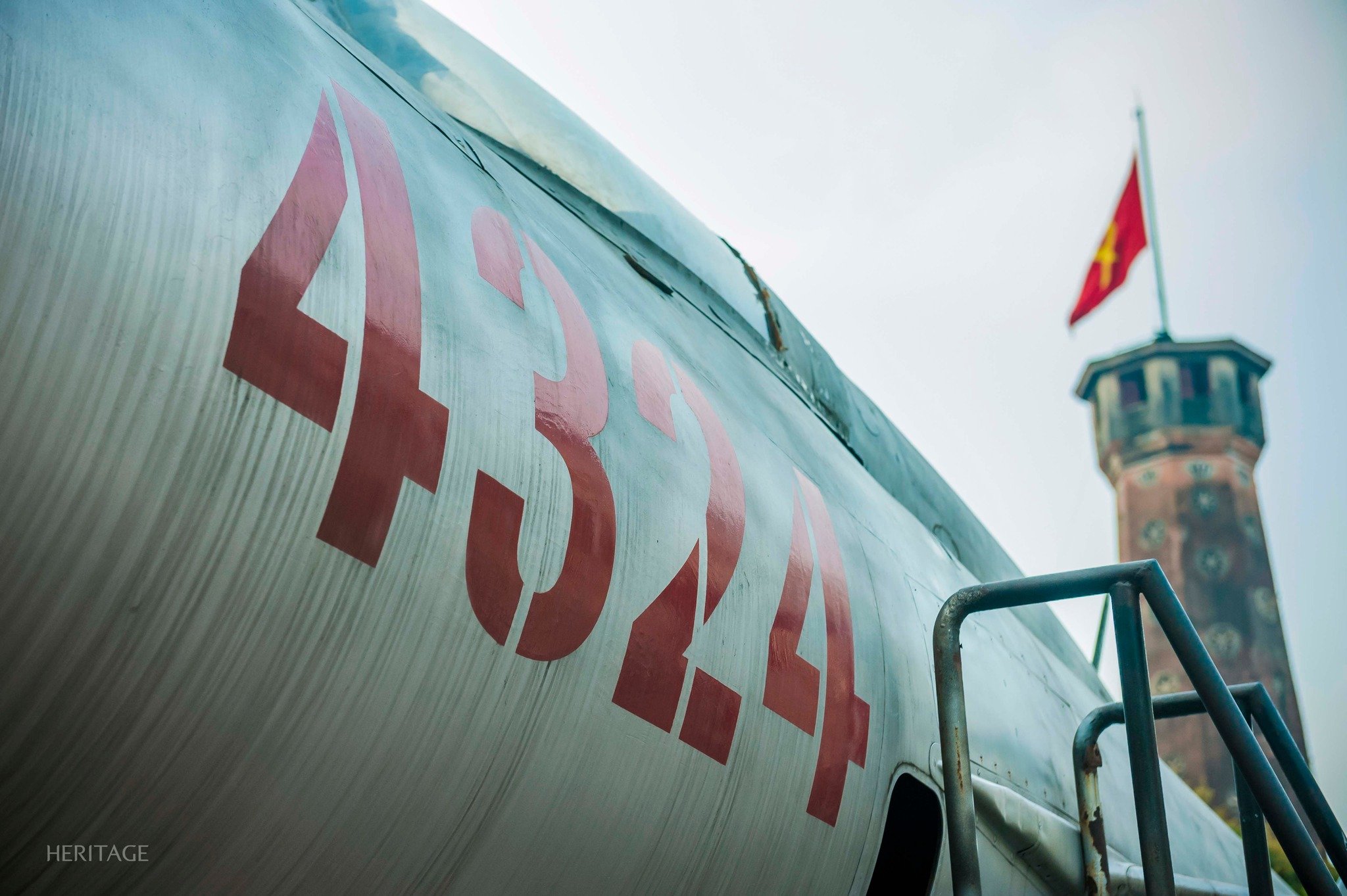


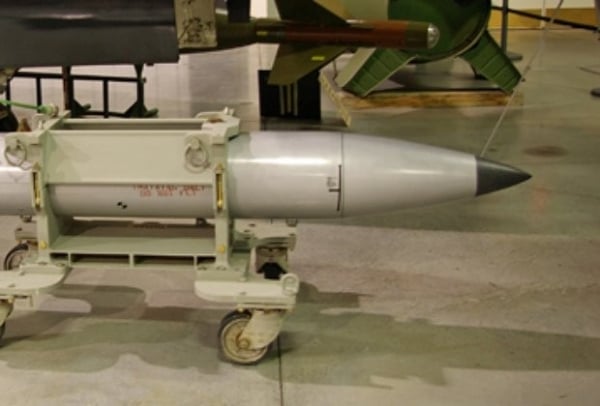

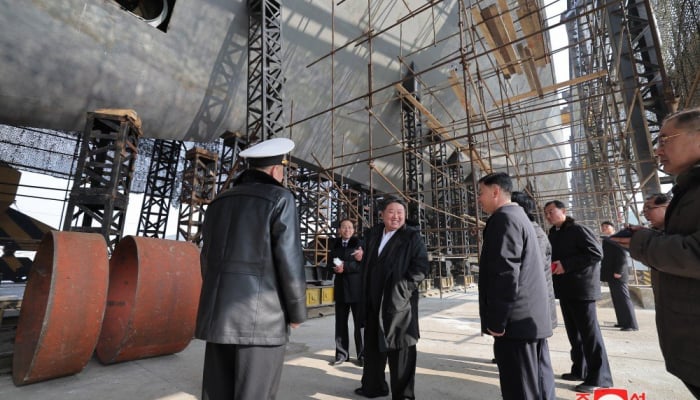

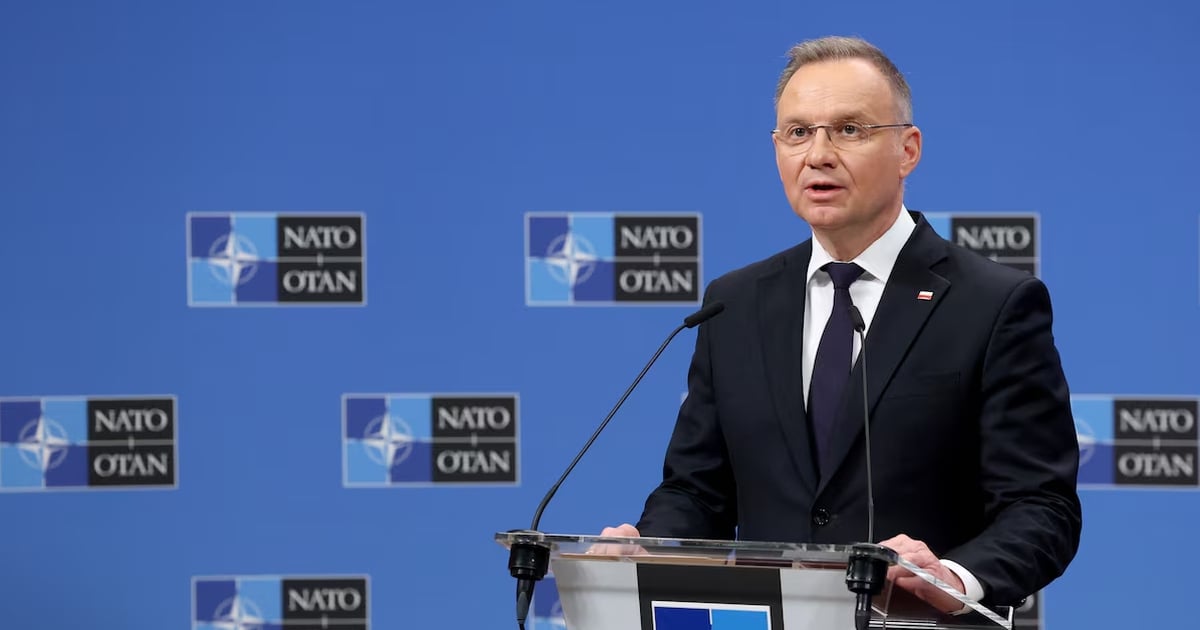

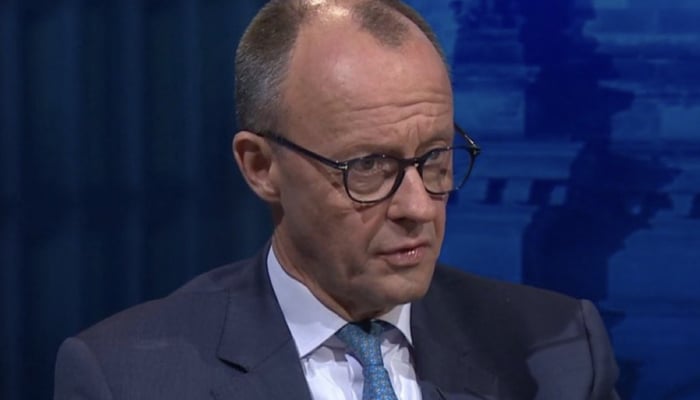

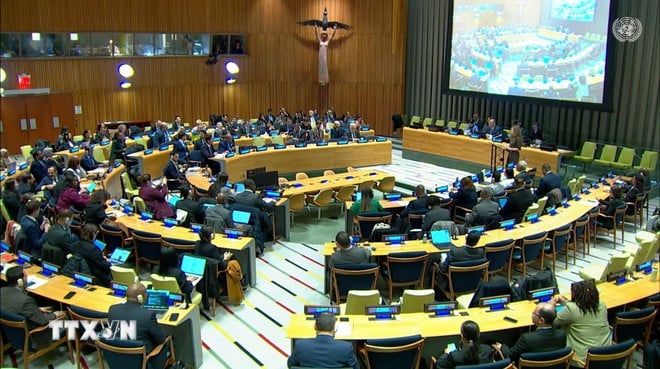


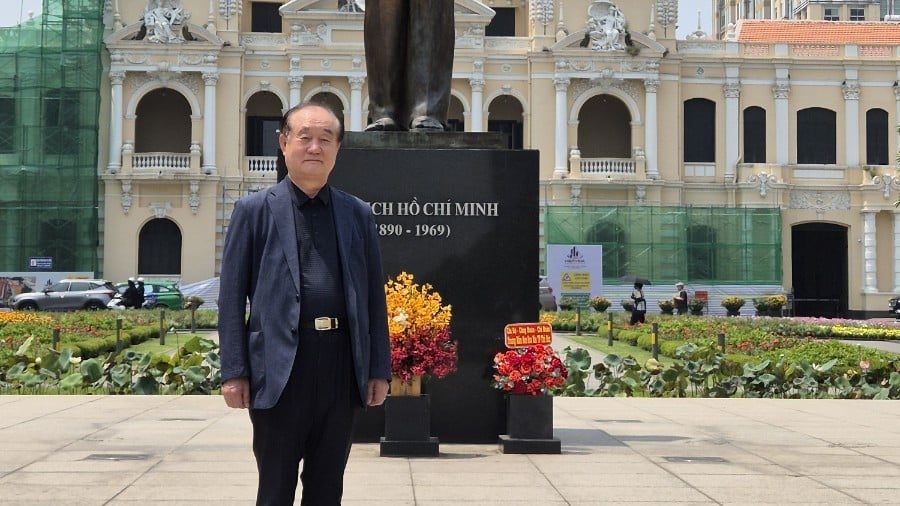
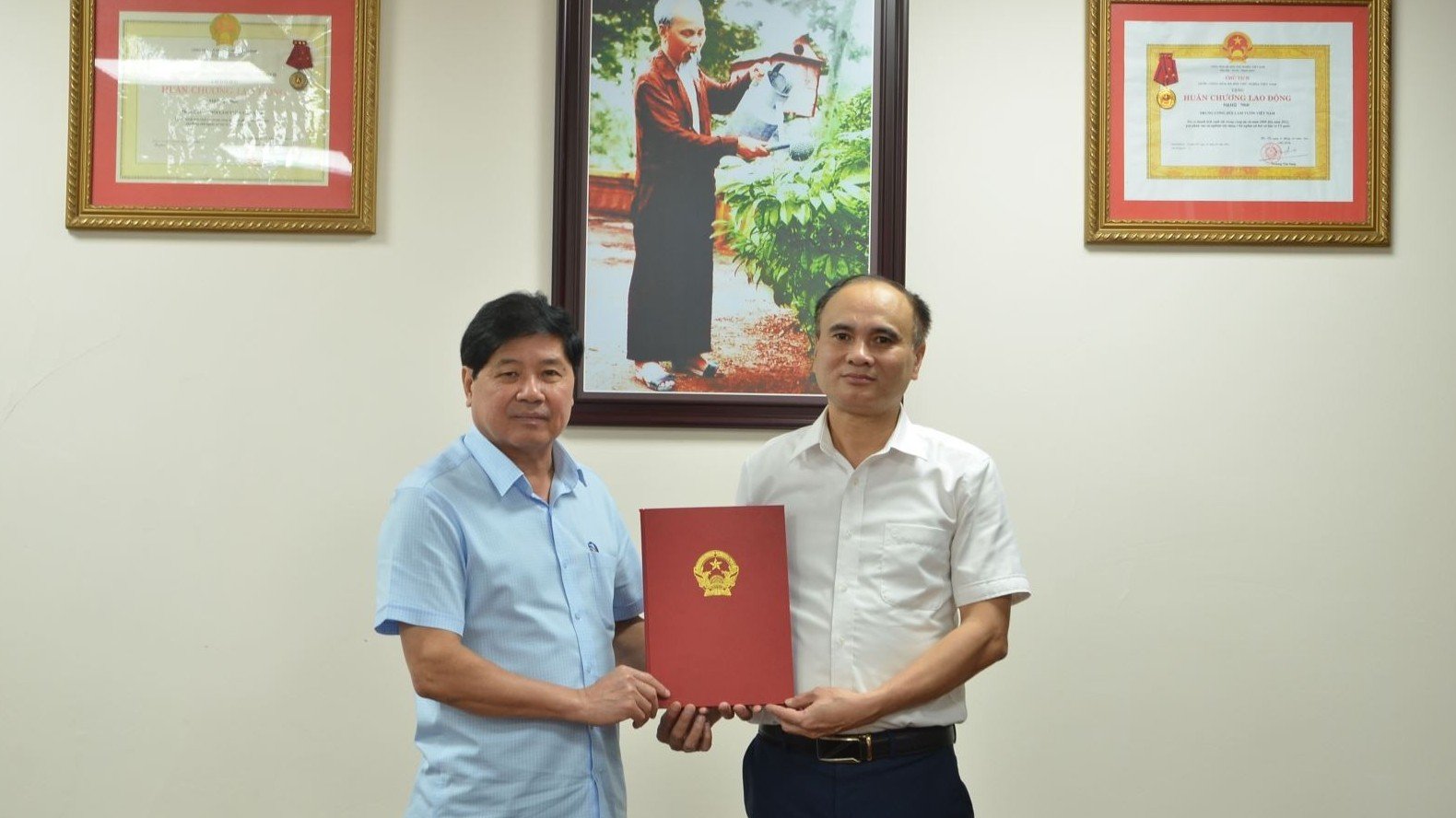
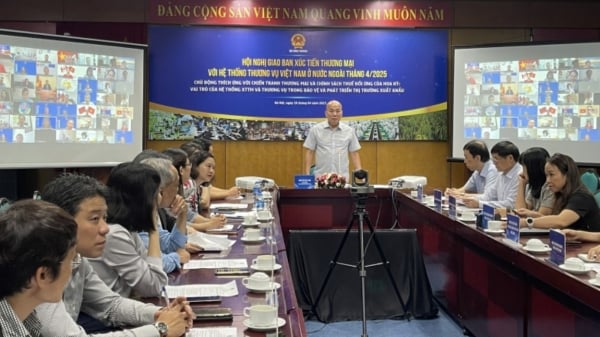

![[Video] Patriotic Inspiration](https://vstatic.vietnam.vn/vietnam/resource/IMAGE/2025/4/29/4122d64c16c84bea920148165978c62a)




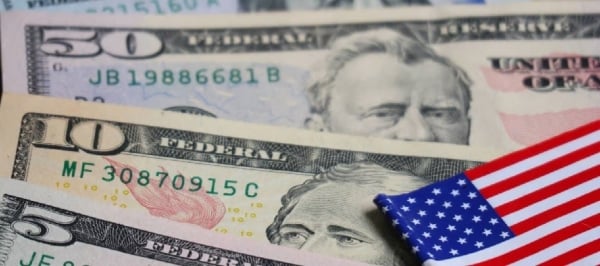

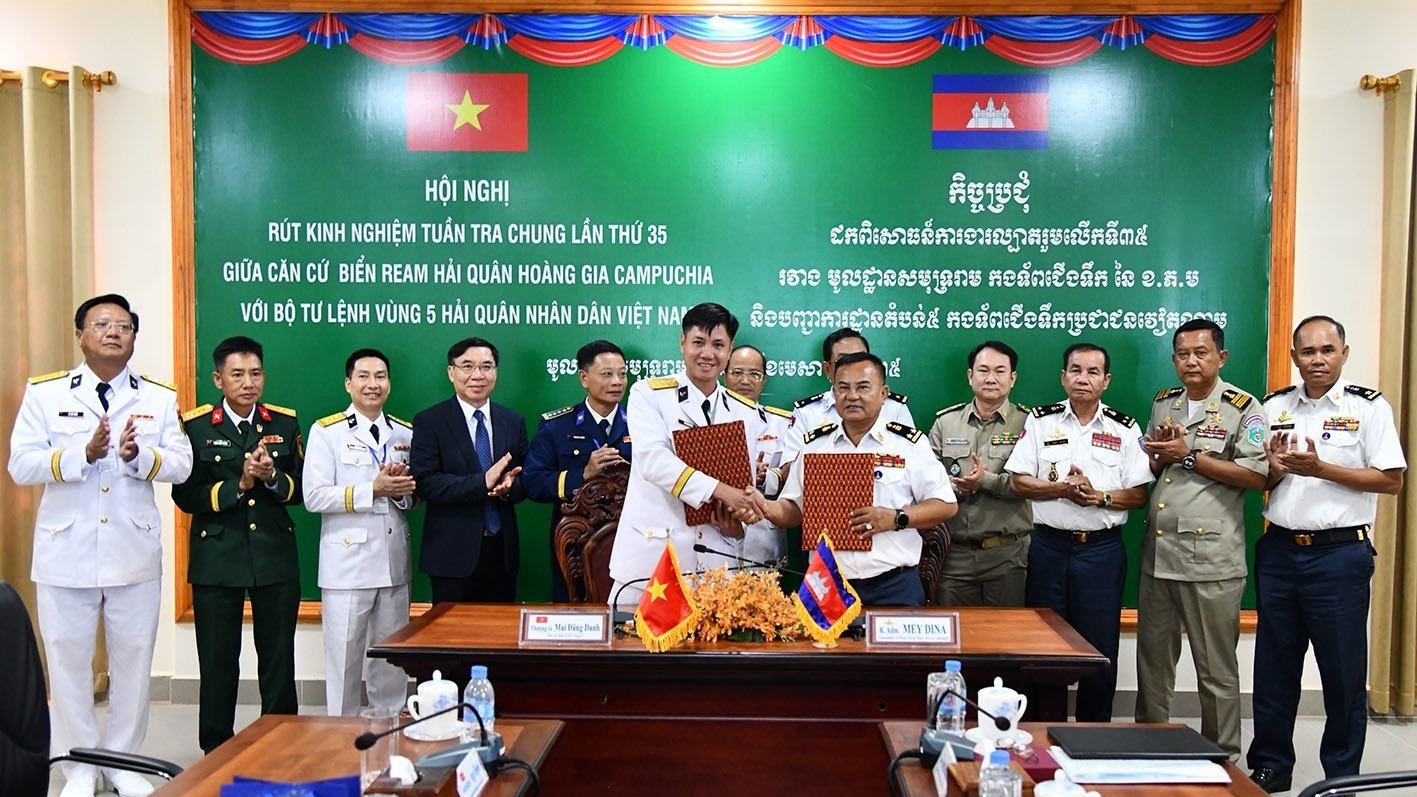
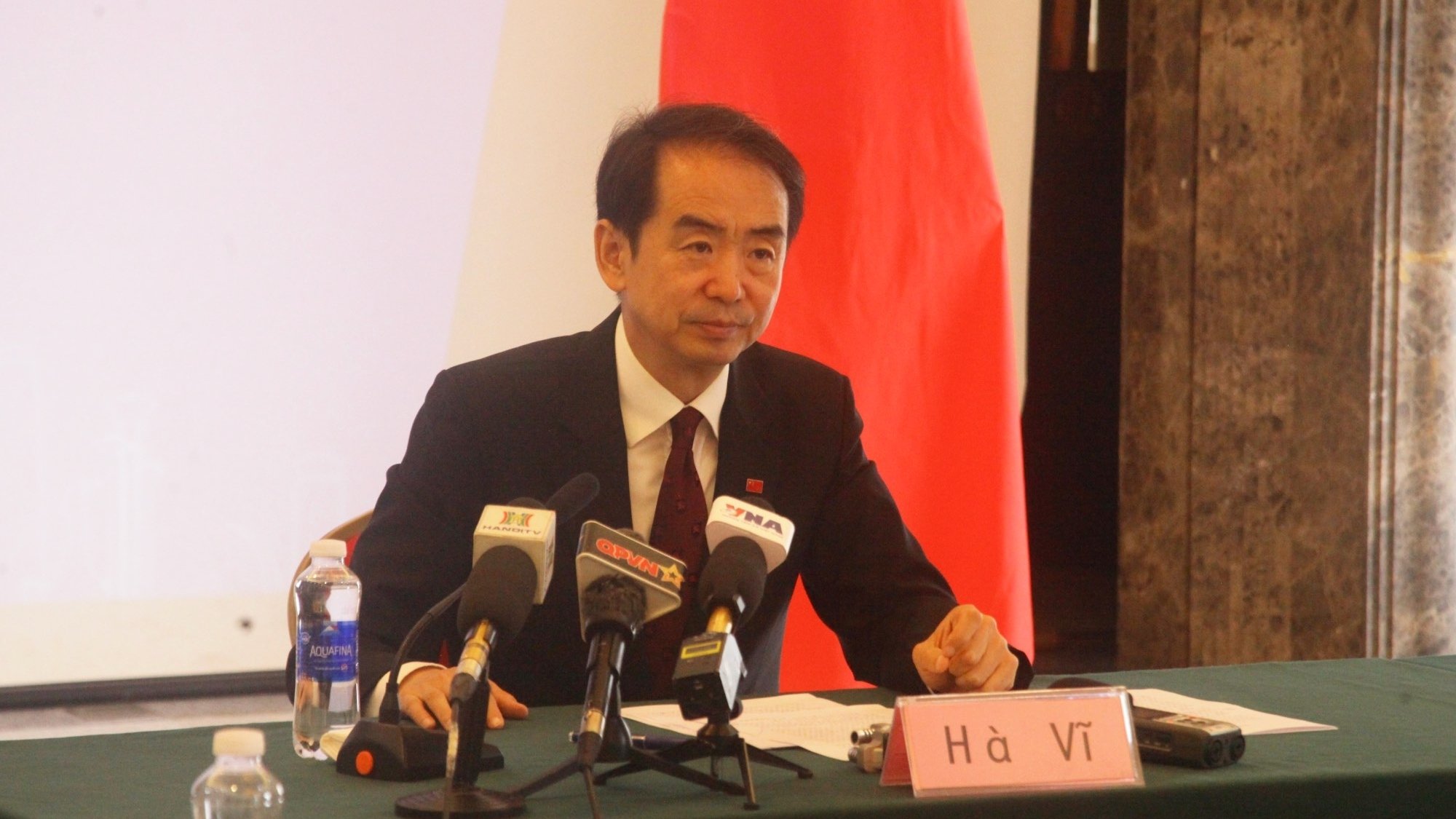
![[Photo] Prime Minister Pham Minh Chinh receives Cambodian Minister of Commerce](https://vstatic.vietnam.vn/vietnam/resource/IMAGE/2025/4/28/be7f31fb29aa453d906df179a51c14f7)
![[Photo] Prime Minister Pham Minh Chinh and Japanese Prime Minister Ishiba Shigeru attend the Vietnam - Japan Forum](https://vstatic.vietnam.vn/vietnam/resource/IMAGE/2025/4/29/fc09c3784d244fb5a4820845db94d4cf)







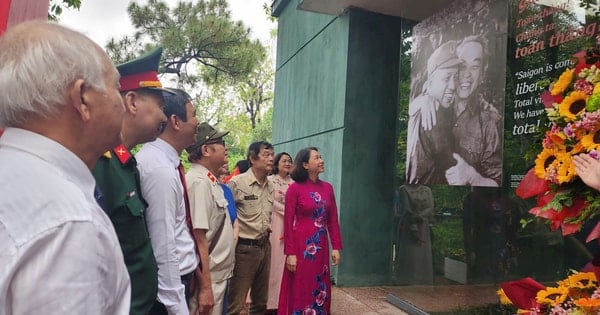



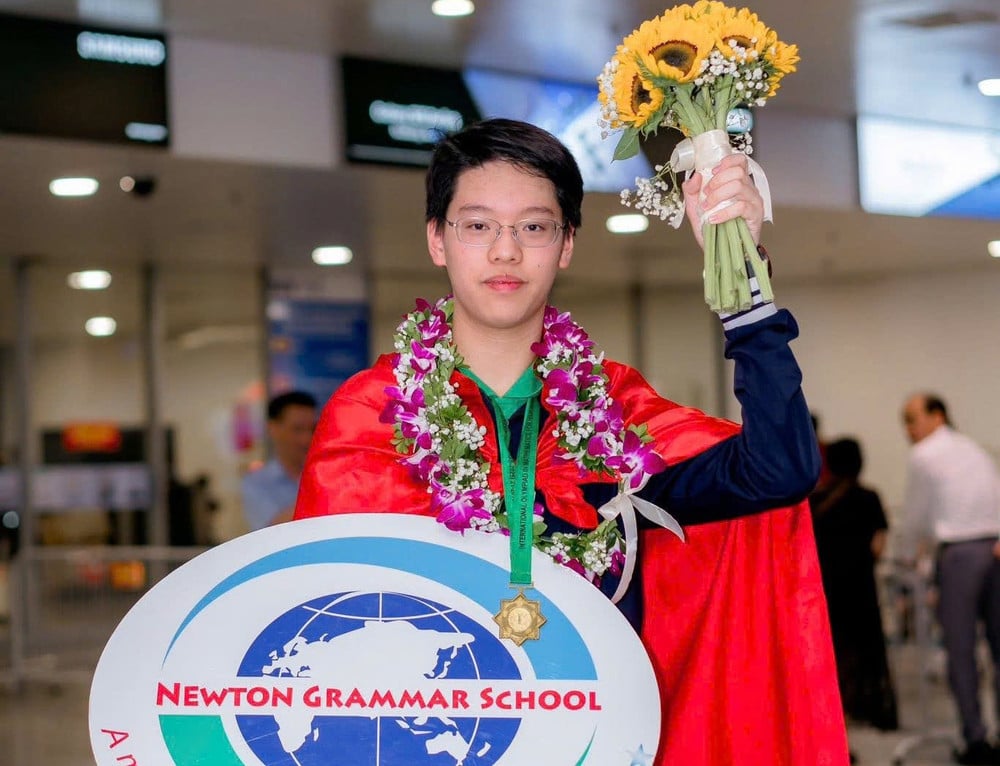




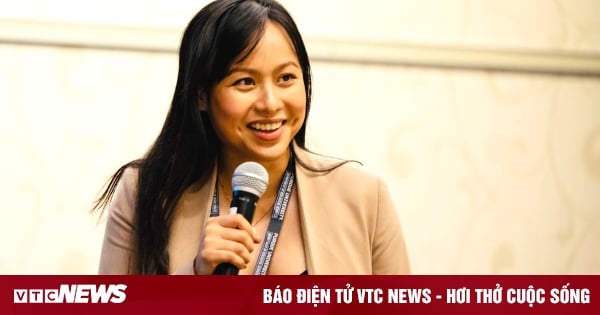


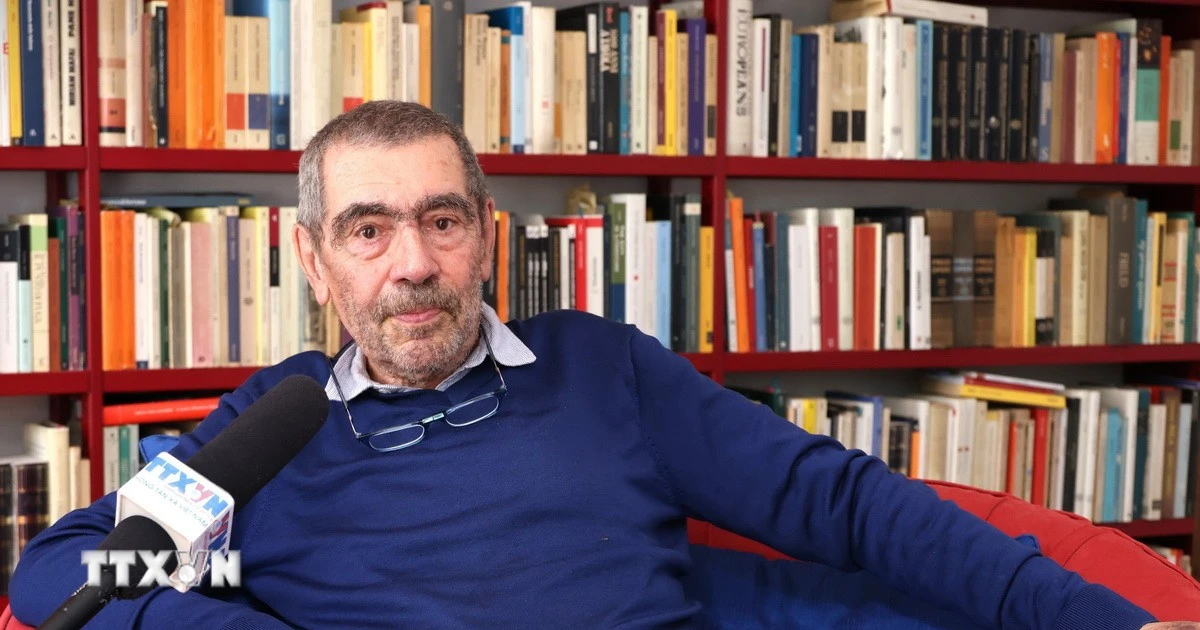






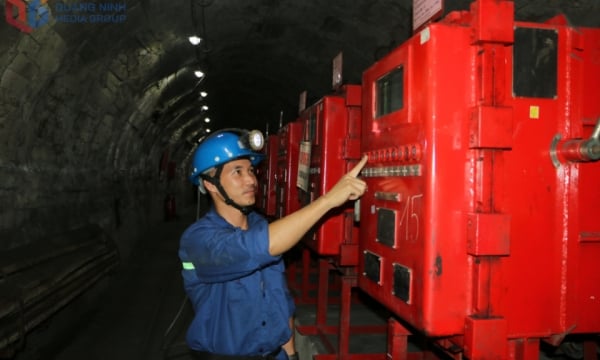


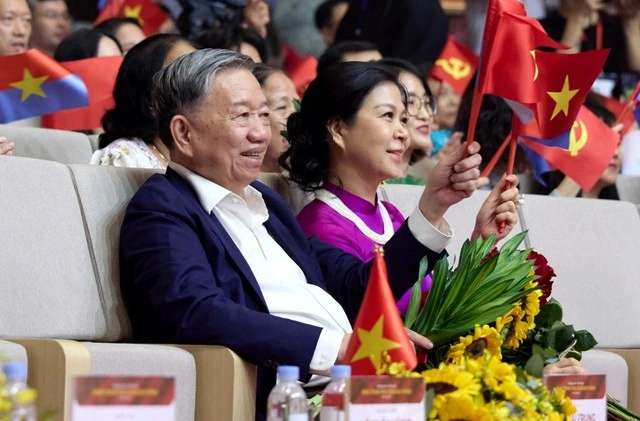
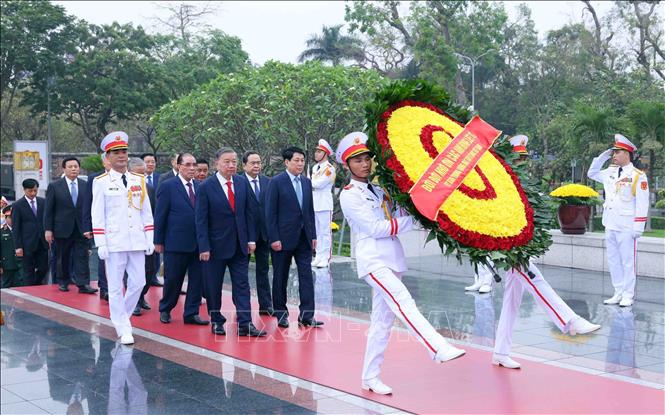

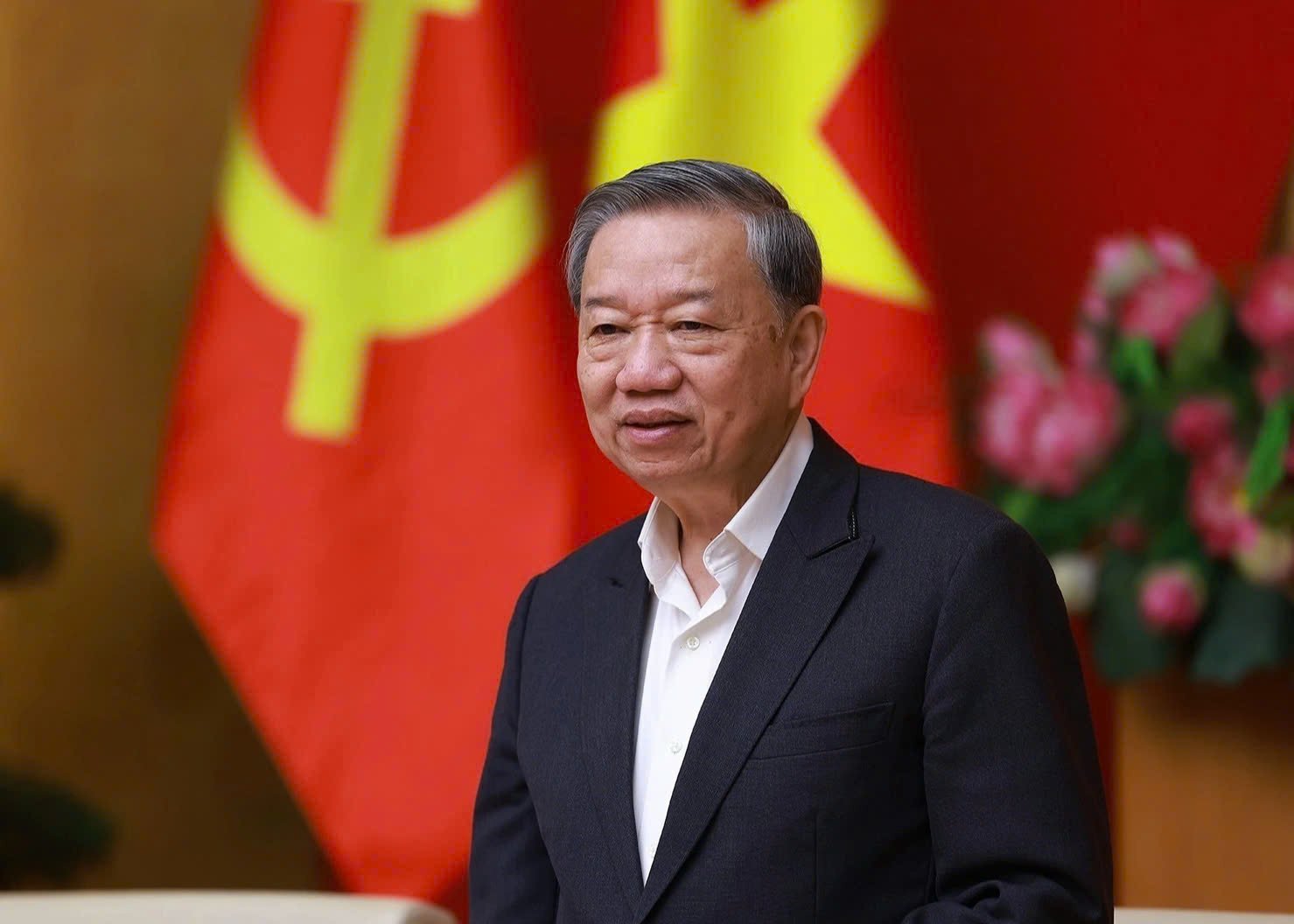



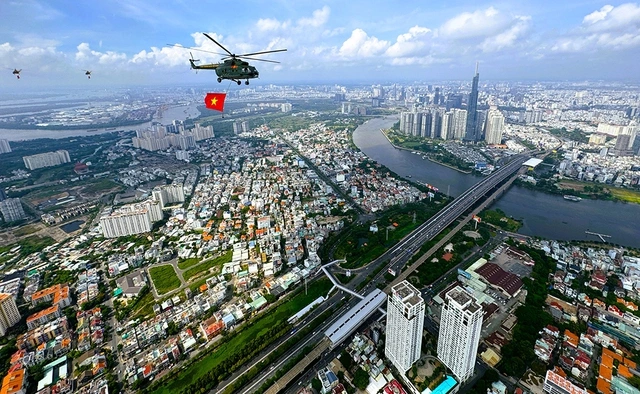
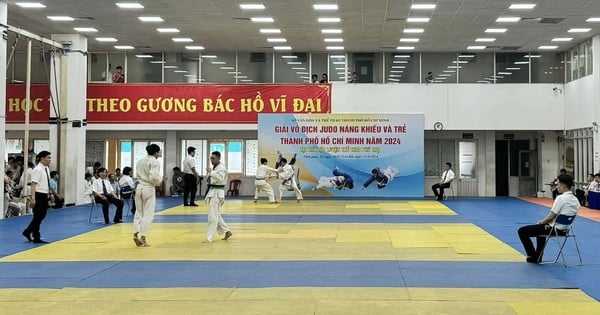

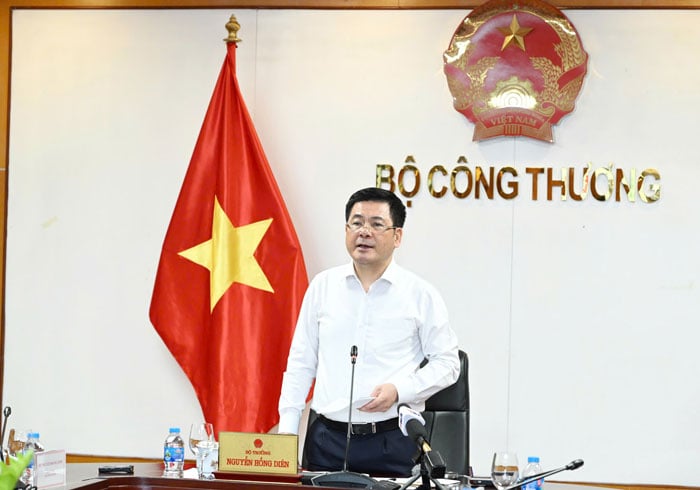

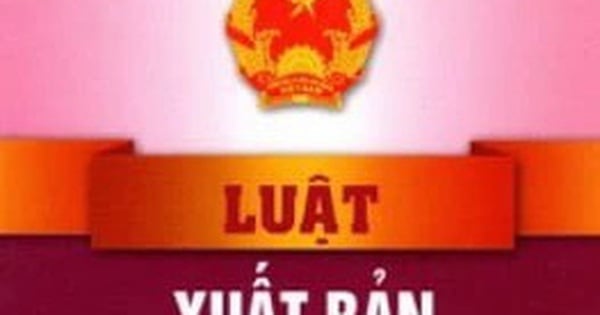
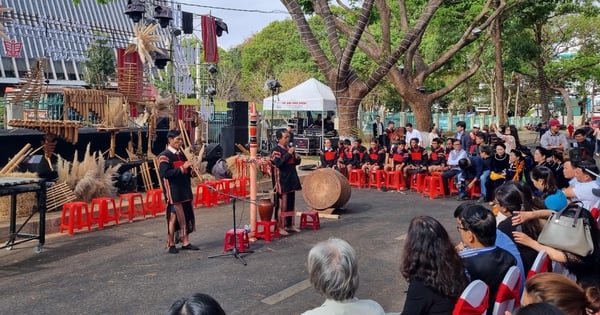
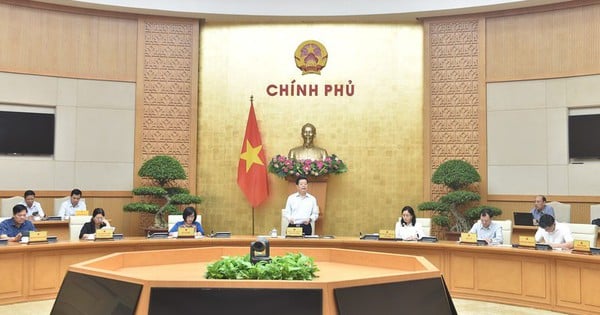

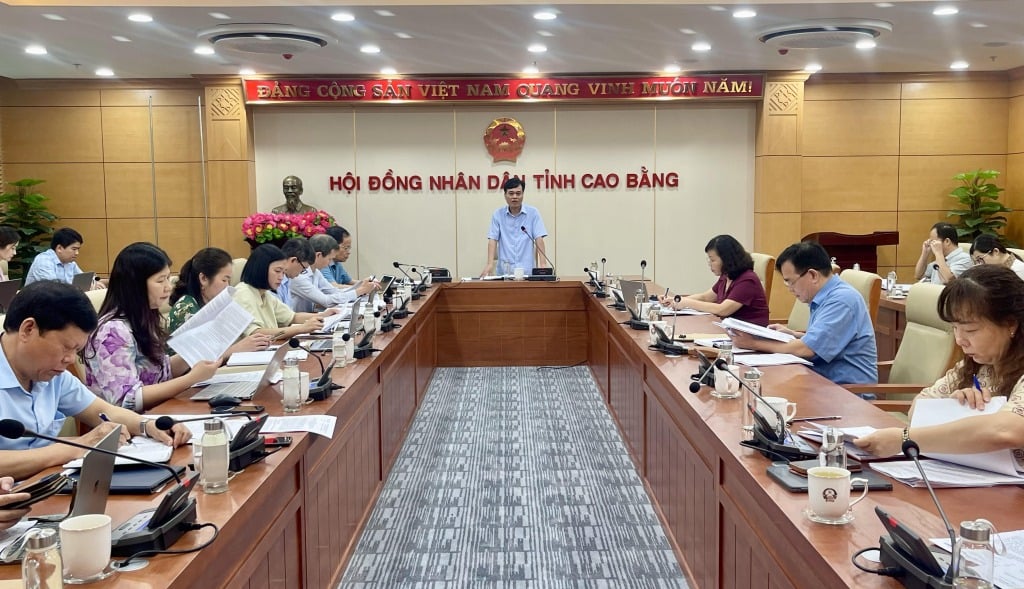



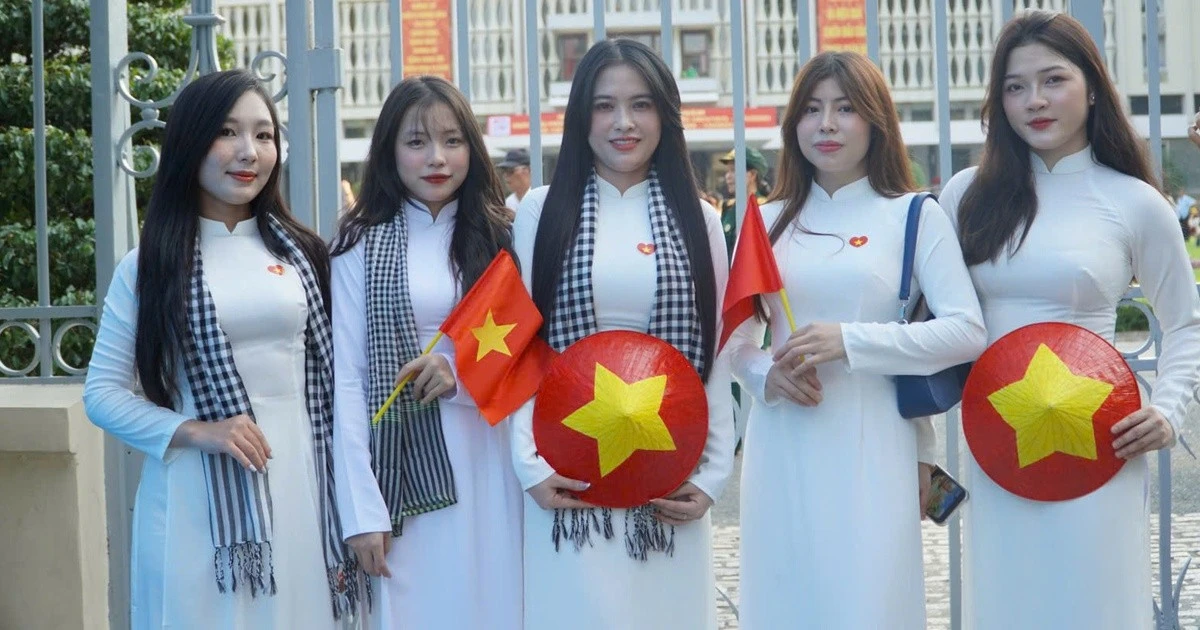



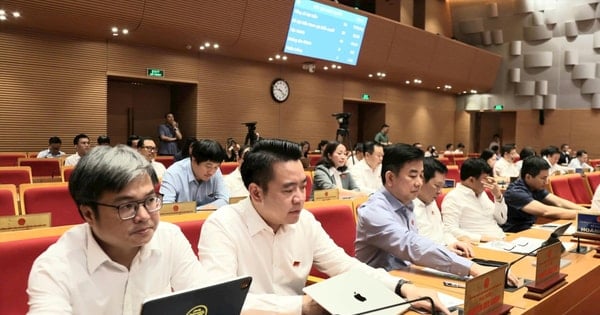
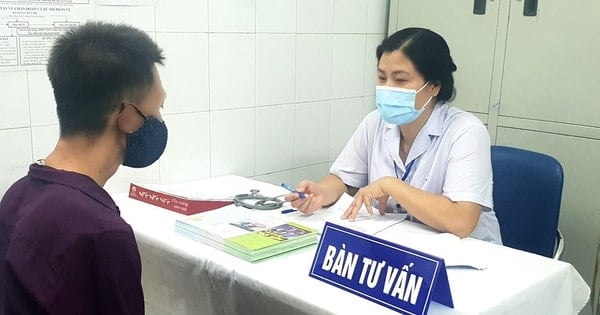


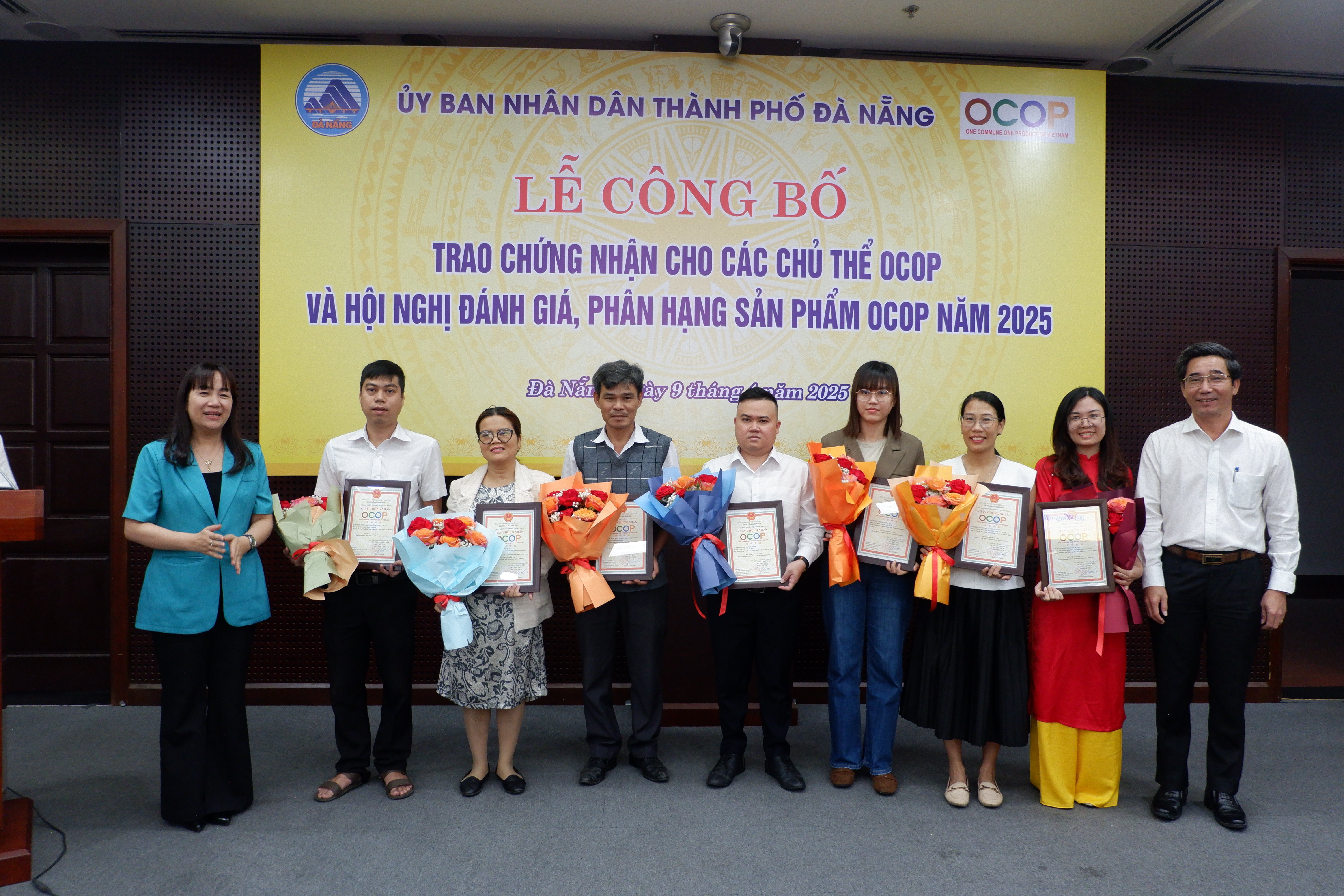

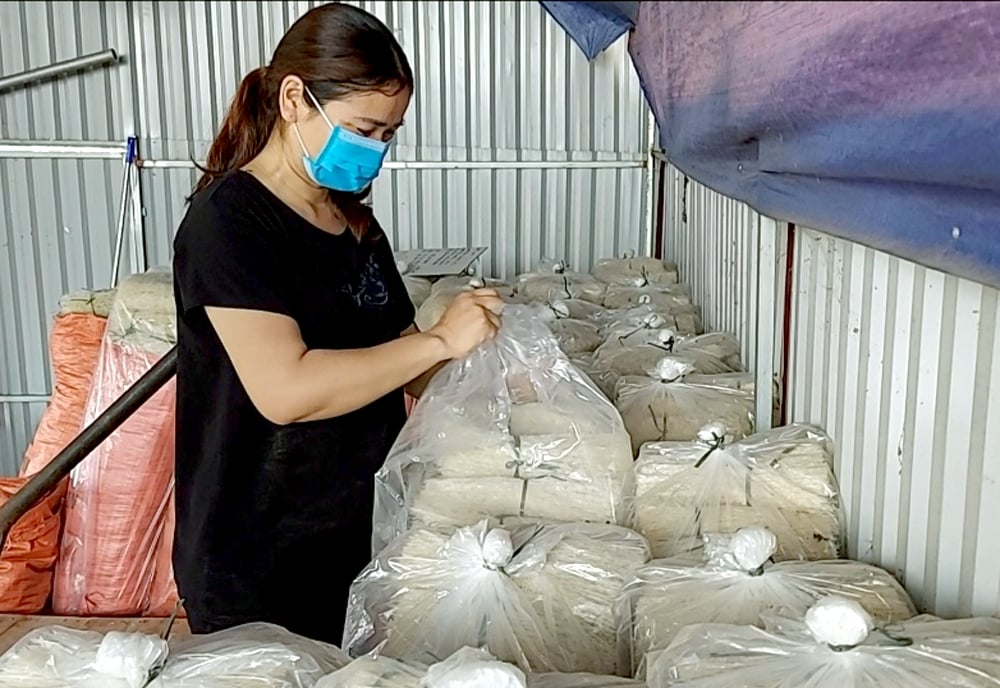

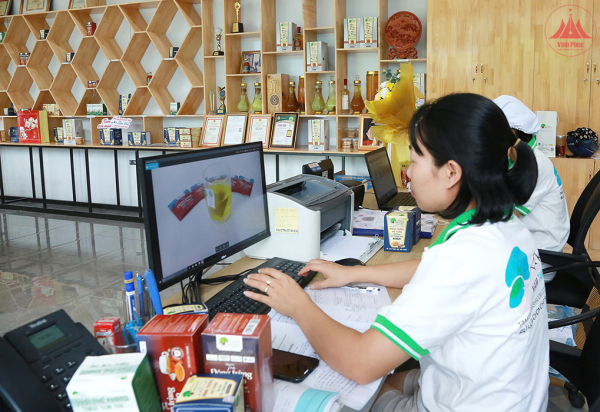




Comment (0)